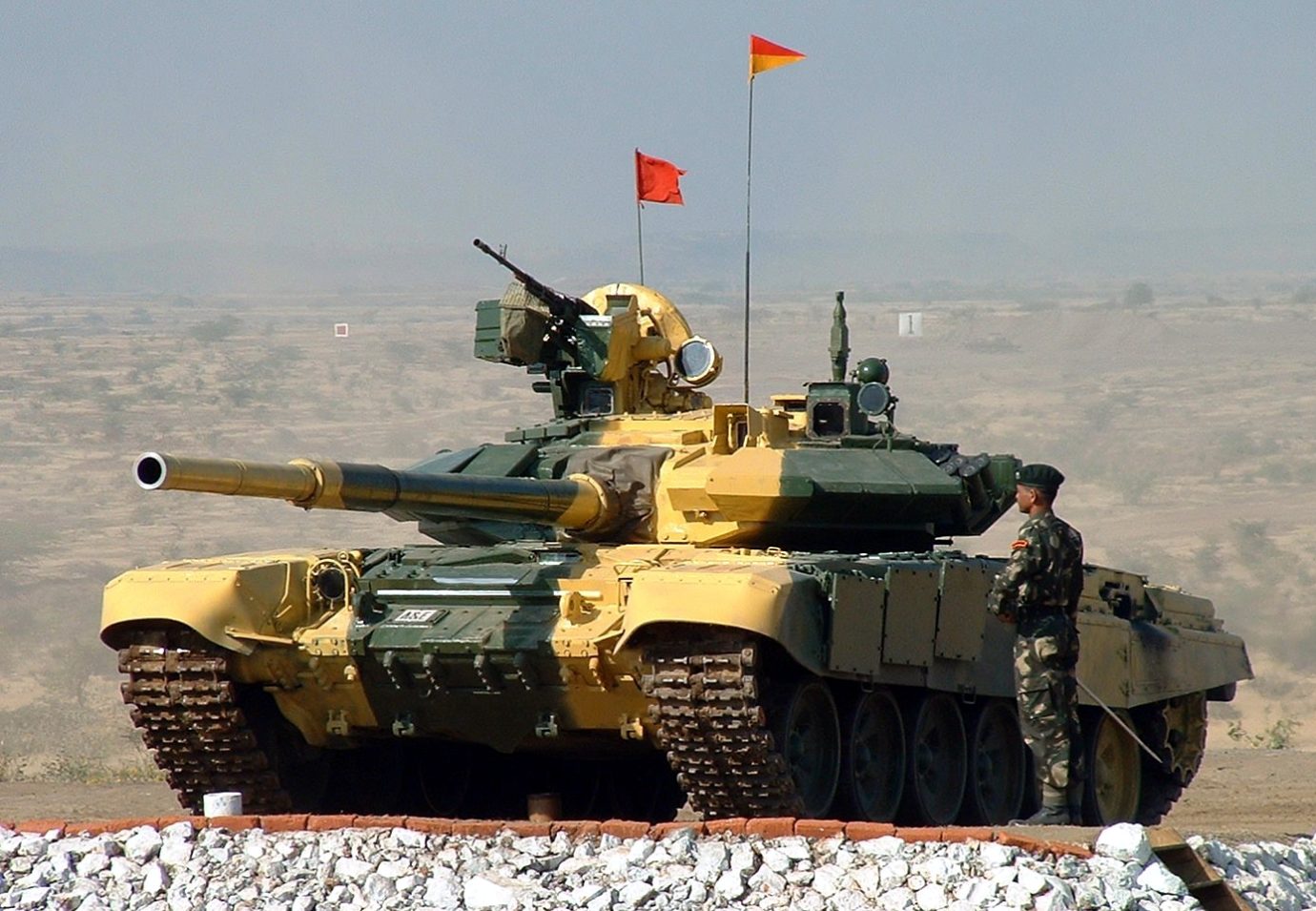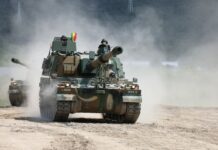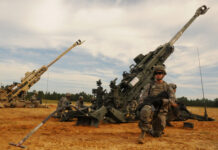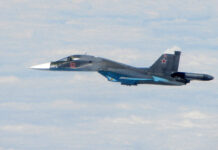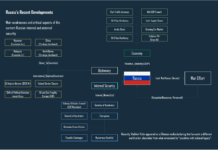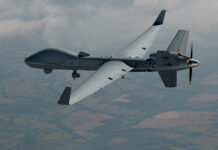Coming close on the heels of India’s first vote against Russia at the United Nations (UN), the Indian Army participated in the Vostok-2022 multilateral, strategic and command exercise organised by Russia at its Sergeyevsky Training Ground of the Eastern Military District, held from 1-7 September. The move invited mixed reactions from global powers. Aimed at demonstrating interoperability and coordination amongst participating military contingents and observers, Vostok-2022 was the first of Russia’s large-scale military drills to be held since the War in Ukraine began in February this year.
Limited Numbers
The Indian Army contingent was relatively modest, comprising 75 troops from the 7th Battalion, 8th Gorkha Rifles regiment. During the drills, India’s troops participated in joint field training exercises, combat discussions, and firepower demonstrations. The scope of the Indian Army delegation’s participation was to share practical experience and put into practice various drills, procedures, and practice amalgamation of new technology, through discussions and tactical exercises.
India’s participation has raised temperatures for a variety of reasons, first among them being the ire it drew from friendly nations like Japan and the US. The other reason being the presence of China at Vostok-2022, causing India’s own participation to be seen as a misjudgement.
The timing of this exercise assumes significance as it came immediately after the United Nations Security Council (UNSC)’s “procedural vote” held on August 24, in which India voted against Russia in favour of Ukraine for the first time since the War in Ukraine started. India is a non-permanent member of the 15-member UNSC, for a two-year period which ends in December 2022. So far, India has abstained at all UN votes on the Ukraine-Russia issue, drawing annoyance from Western Powers, as New Delhi’s abstinence was seen to favour Moscow.
However, India did refuse participation in the maritime component of Vostok-2022, following Japan’s protest, confining its participation to the strategic staff and command manoeuvres. The naval drills were held in the Sea of Japan and the Sea of Okhotsk, with warships from the Russian Pacific Fleet and the Chinese People’s Liberation Army Navy (PLAN) in attendance.
Former Indian Naval Chief Admiral (retd) Karambir Singh stated, “India’s strategic autonomy unlike in the past is characterised by more engagements, issue-based convergences and not being dragged into a Cold War mentality. Therefore, we are doing what we have done before and not altering the status quo. The Navy never participated in Vostok and therefore is not participating this time. All our actions are based on what suits our interests and not due to pressure from others.”
Japanese and US Reactions
Tokyo registered its protest to Moscow for conducting the maritime drills of Vostok-2022 near the Northern Territory of Japan, which is home to the Southern Kuril Islands, claimed by both Russia and Japan, making it a disputed territory.
A Japanese officer (not wishing to be named), said, “It is totally unacceptable for Japan that any military exercises would be conducted by Russia in this region. In this regard, the Japanese Government has conveyed its standpoint to the Indian Government through various occasions and been notified by the latter that the Indian side would not participate in any military drills being conducted in the Northern Territory.”
It should be noted that India and Japan are partners in the Quadrilateral Security Dialogue, popularly known as ‘Quad’, with Australia and the US being the other two members in this four-member grouping. The Quad is often seen as intended to counter China’s aggressive posture in the Indo-Pacific region. Recently India and Japan conducted their annual 2+2 ministerial, in which the Indian Defence and External Affairs ministers met their Japanese counterparts in Tokyo, a meeting that came a day after the conclusion of Vostok-2022. The two Defence Ministers agreed to enhanced cooperation on the need for greater interoperability between their two air forces. This culminated in an agreement being reached for the first joint air force exercise between India and Japan, the details of which will soon be worked out.
Perceiving an increasing threat in its neighbourhood, Japan has been buttressing its military capabilities. The Japanese Premiere has also committed to a considerable boost in defence spending, with an assurance of doubling Japan’s military budget to two percent of GDP in the next five years, amid concerns over the Russian invasion of Ukraine emboldening China to attempt a similar action in Taiwan. It has also been reported that China and Russia could engage in a second joint naval patrol after the conclusion of Vostok-2022. This is especially significant since it could signal an even closer bond between Moscow and Beijing in the maritime realm.
Meanwhile, the US State Department spokesperson Ned Price said at a press interaction, “Reorienting a country’s foreign policy or a country’s security establishment or defence procurement practices away from a country like Russia is not something that we can do overnight. It’s not something that we can do over the course of weeks or even months. We do see this as a long-term challenge,” adding that for countries like India which have had long, historical ties with Russia, it would be a long-term proposition to reorient its foreign policy.
As Western powers have been seen trying to wean away India from the Russian camp, especially after the war began, New Delhi has shown its strategic autonomy in various matters, from buying arms and oil from Russia, to participating in Russian military drills. Commenting on the issue White House Press Secretary Karine Jean-Pierre said, “The United States has concerns about any country exercising with Russia.”
Vostok-2022
Participating contingents and observers in Vostok 2022 included:
- Algeria
- Armenia
- Azerbaijan
- Belarus
- China
- India
- Kazakhstan
- Kyrgyzstan
- Laos
- Mongolia
- Nicaragua
- Syria
- Tajikistan.
According to the Russian Ministry of Defence, the war games were scheduled to take place in 13 training grounds in Russia’s Eastern Military District, including manoeuvres involving units of long-range bombers, airborne troops, and military cargo aircraft. India has regularly participated in multinational military drills in Russia, including the ‘Zapad-2021’ exercise, and many of these exercises have included a Chinese contingent.
Regarding India’s participation, Indian Ministry of External Affairs (MEA) spokesperson, Arindam Bagchi stated “Let me just emphasise that India has been regularly participating in multilateral exercises in Russia, along with a number of other countries. I understand there will be only army participation in the Vostok exercises this year.”
India-Russia Ties
Russia and India have been historic partners since the time of the Soviet Union, and even today India has a 60 per cent dependence on Russia for arms imports. Recently, Saudi Arabia was replaced by Russia as India’s second-largest oil supplier. Defence, trade and energy are the key drivers of this longstanding relationship. Going by official figures, Russia-India bilateral trade for the year 2020 was around US$8Bn, which is lower than India’s trade with other large states such as China and the US. During President Putin’s India visit in December 2021, India and Russia’s joint statement mentioned that, “the leaders stressed the need for greater efforts to achieve the trade target of USD 30 billion by 2025. In this regard, they placed strong emphasis on new drivers of growth for long-term cooperation.”
Russia and India already hold a regular defence exercise, named ‘Indra’, which was just a naval exercise when it began in 2003, but has since evolved into a biennial, tri-service drill. Vostok-2022 on the other hand, had more symbolic value for President Putin, insofar as it served to demonstrate that he could successfully put together a large military drill amidst an ongoing war.
New Delhi and Moscow’s relationship looks to continue along despite the recent UNSC vote. Both are members of BRICS and the Shanghai Cooperation Organisation (SCO). The two already collaborate on annual military technical cooperation meetings, and their interdependence has increased in recent months owing to India’s energy security needs. Notwithstanding Western pressures, New Delhi has been going ahead with its purchases of cheap Russian oil, seen as a win-win by both nations, as most of Moscow’s energy market has dwindled due to Western sanctions. Aside from this, Russia holds influence in Central Asian states, which are as important to meeting India’s energy requirements as Russia itself. The way forward, therefore, would seem to favour cautious pragmatism.


